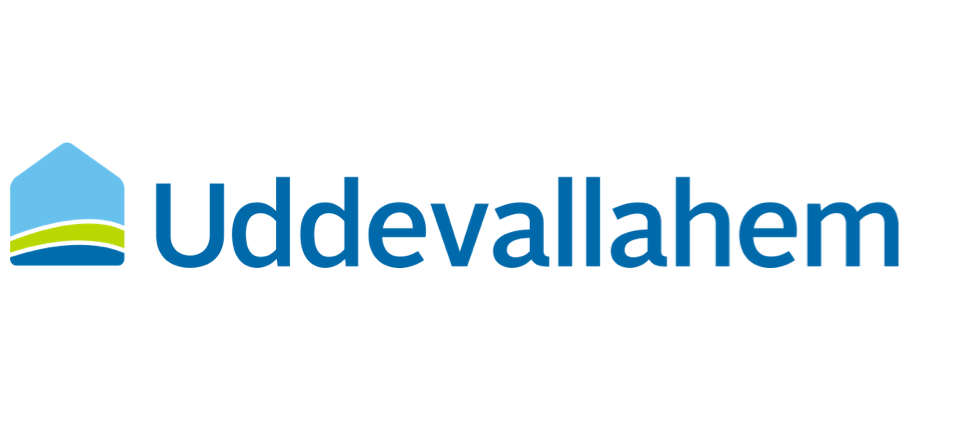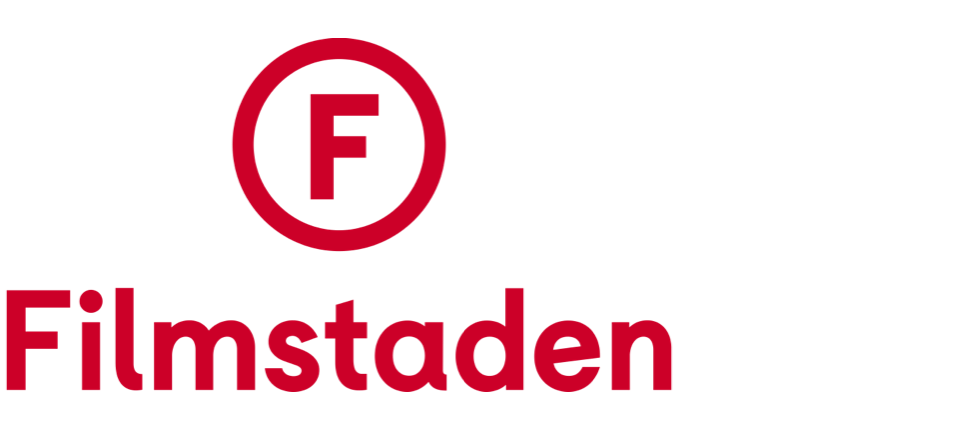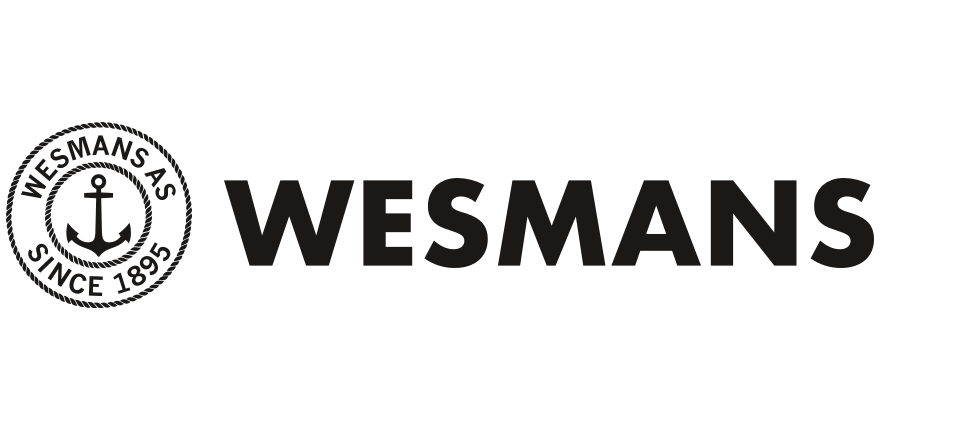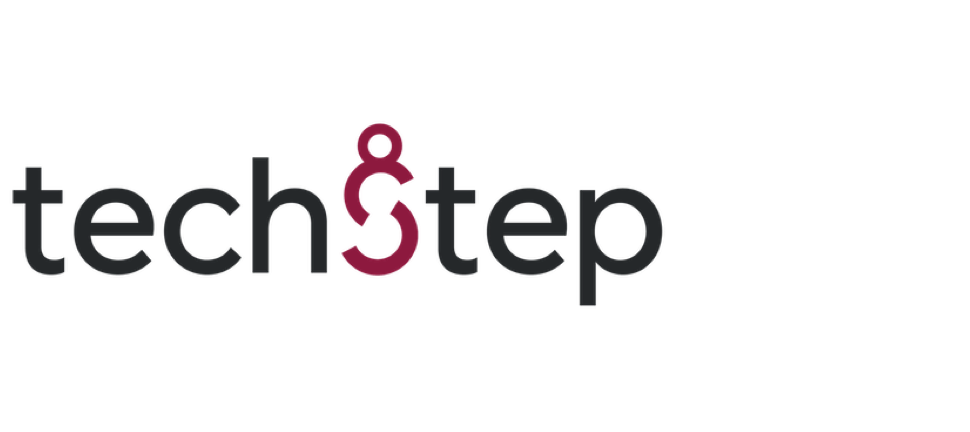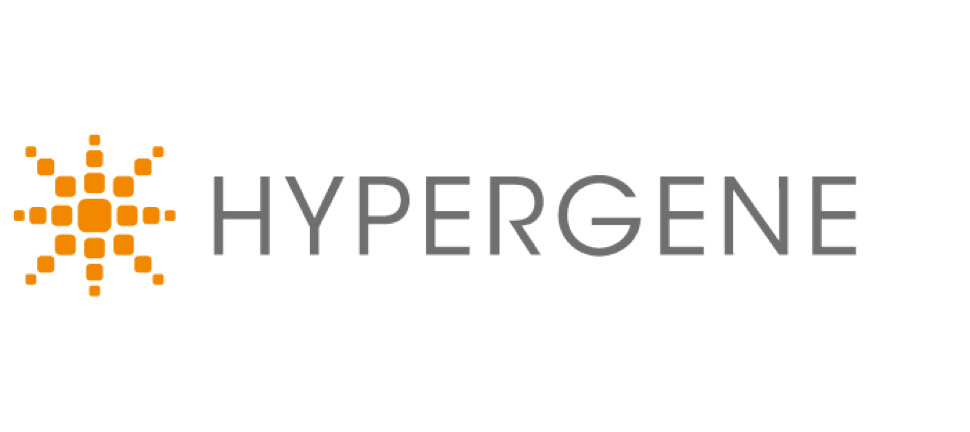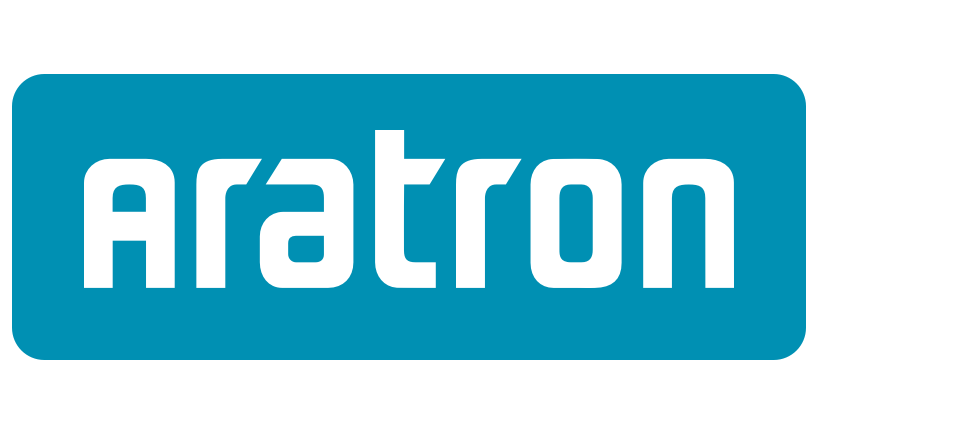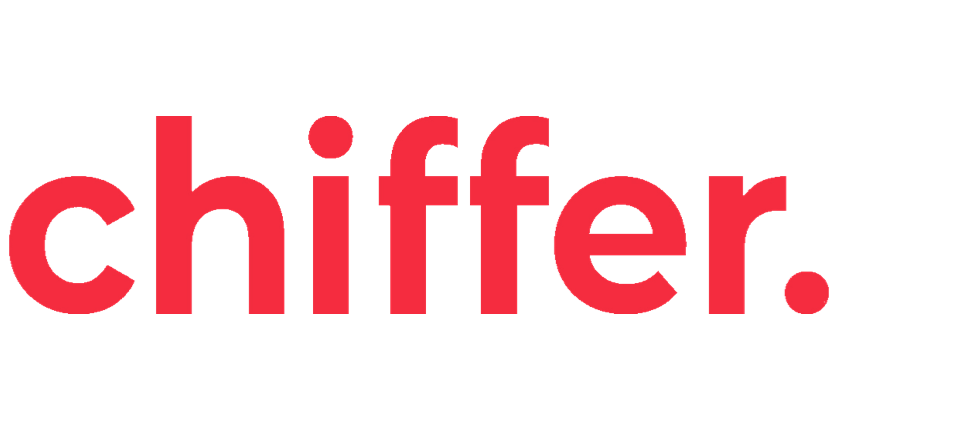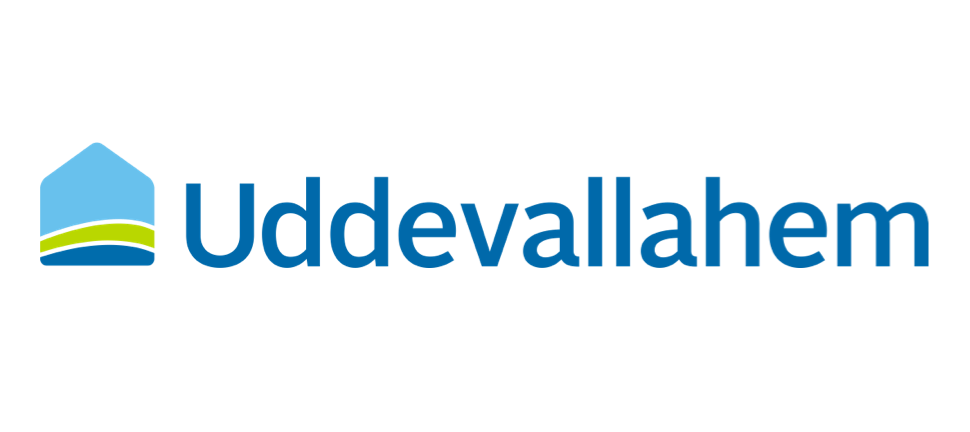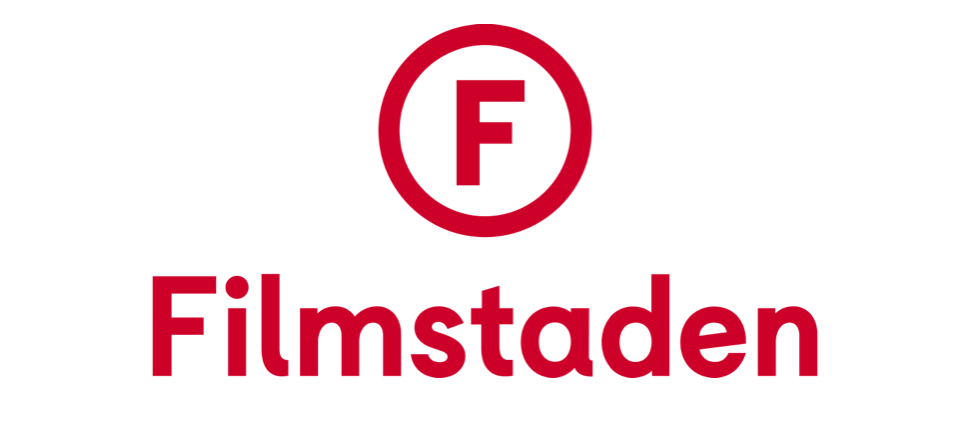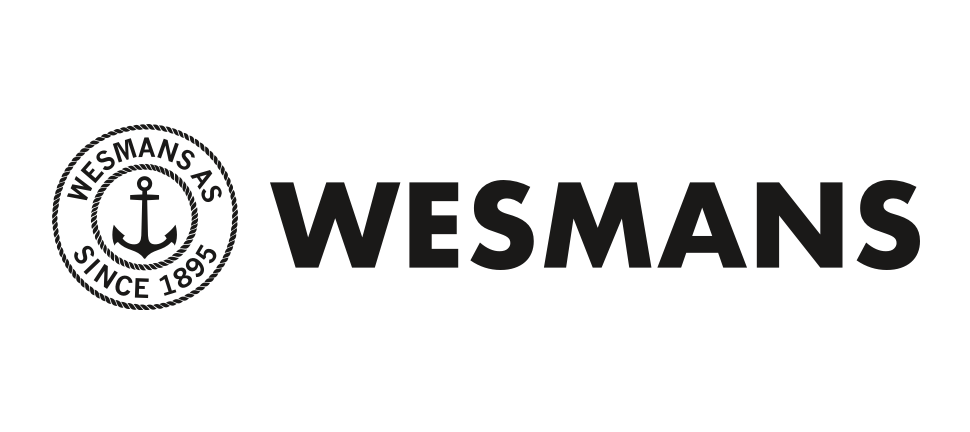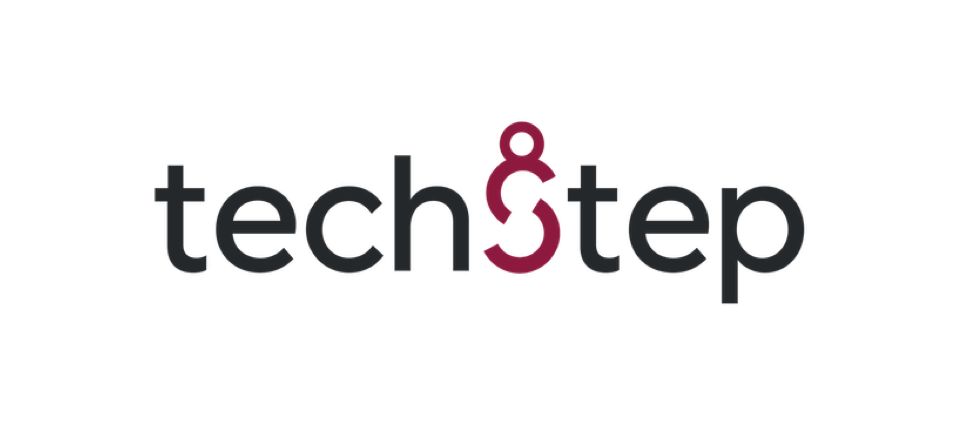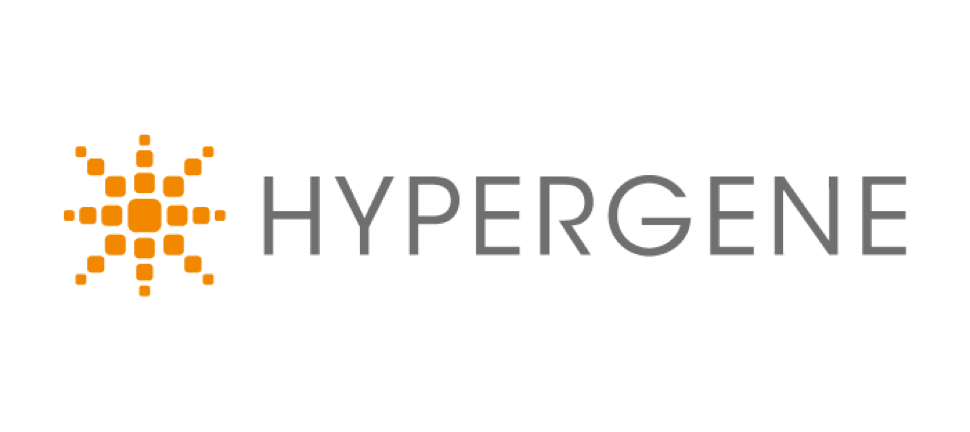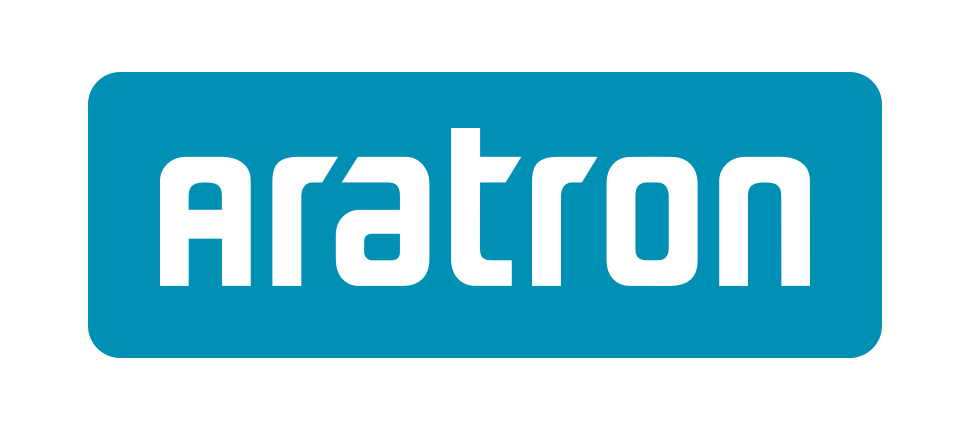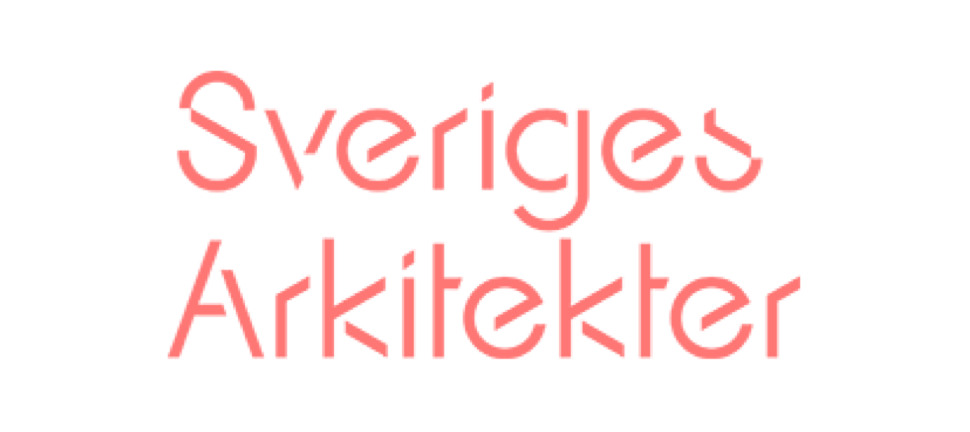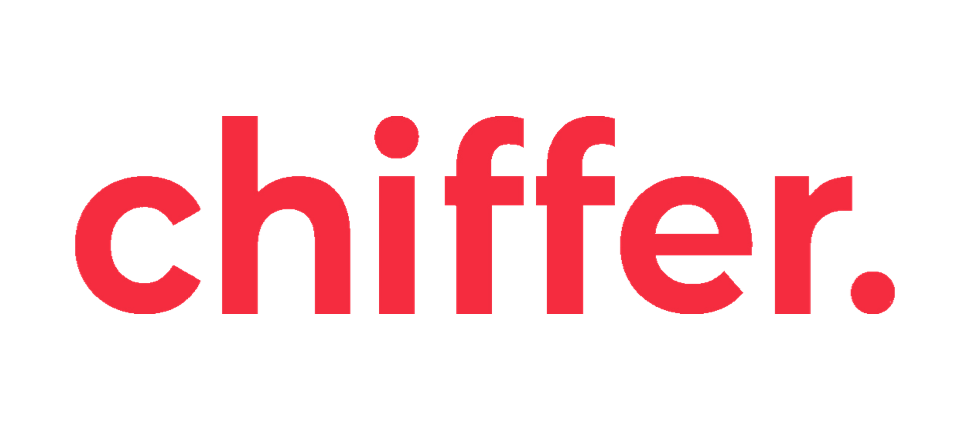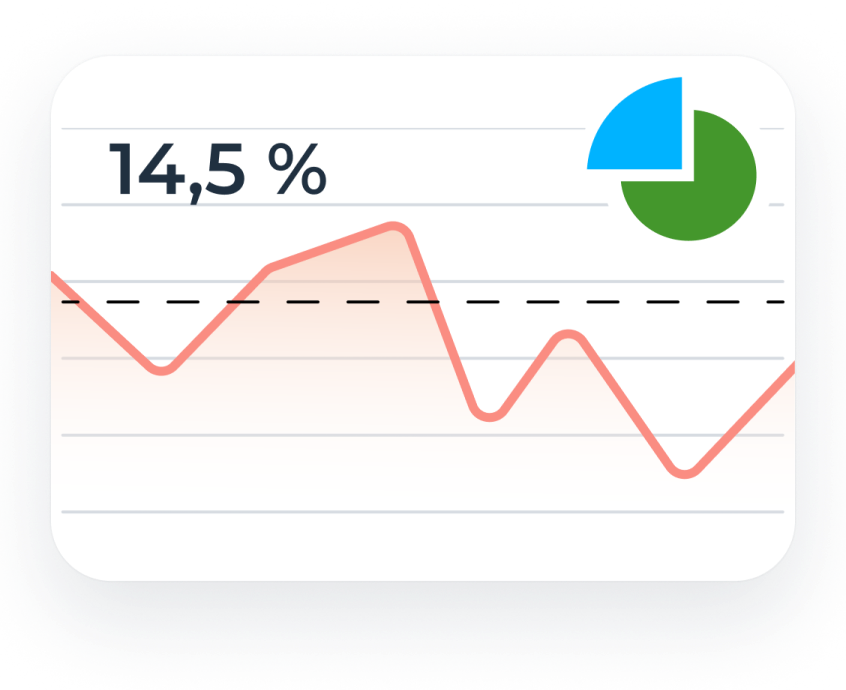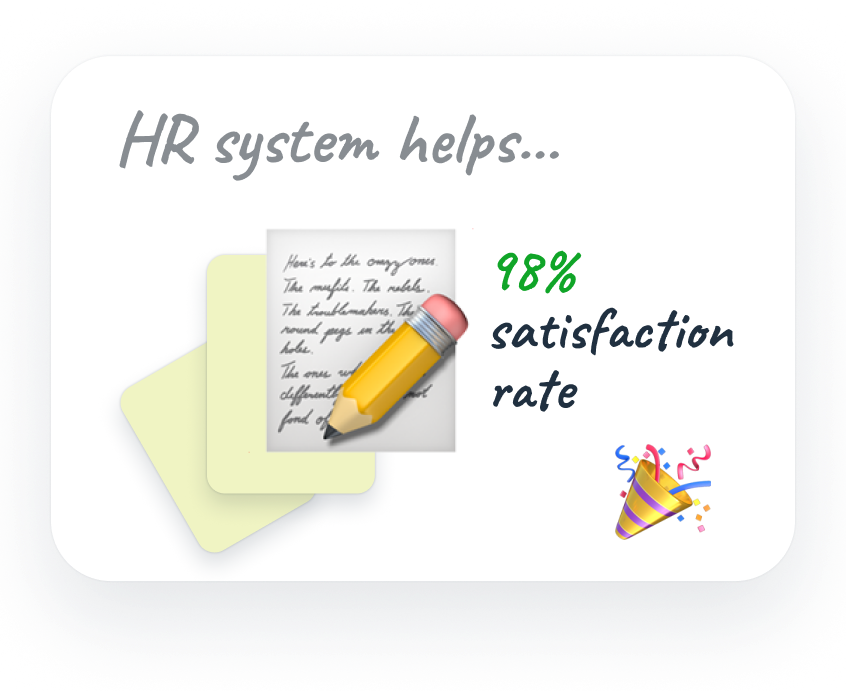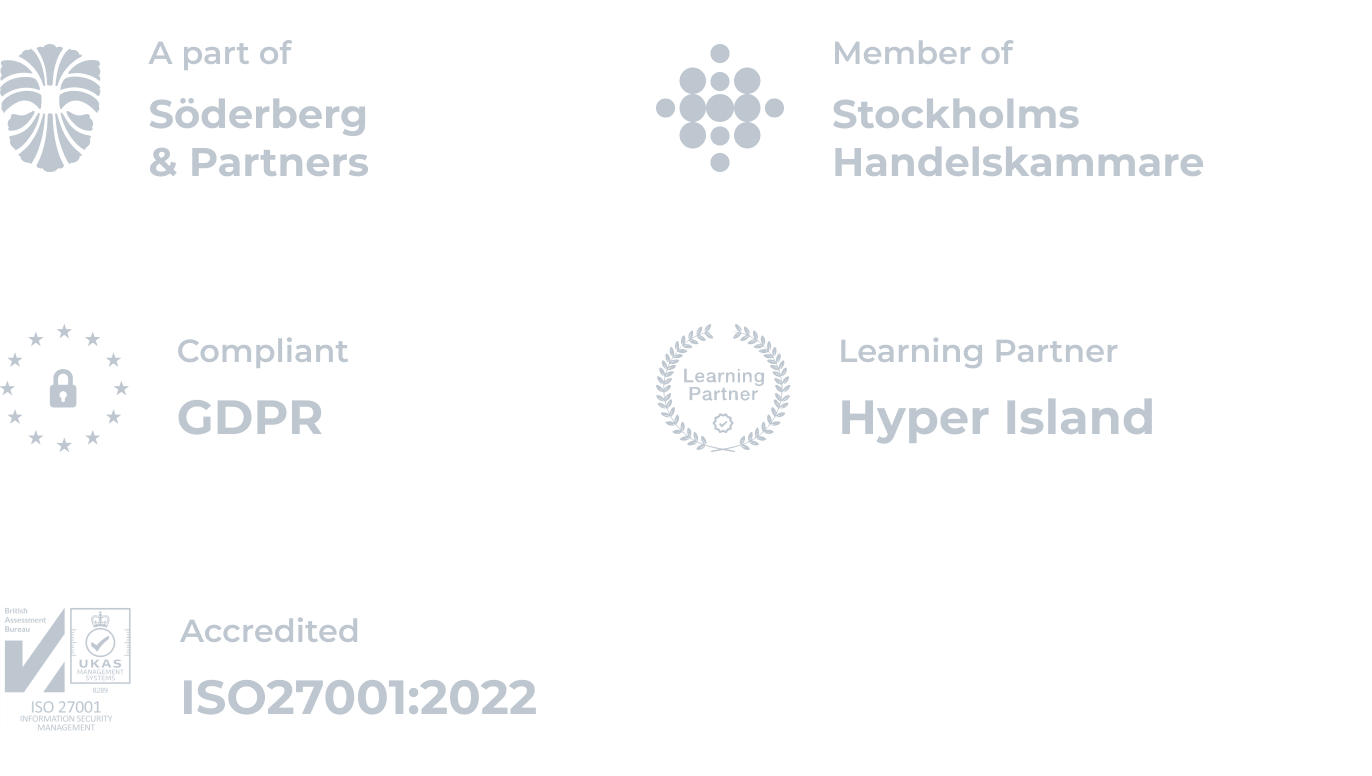Employee KPI for
A research based tool-kit for human financial management, reporting, and analysis. Gather all data and insights you need to create a unique, socially sustainable roadmap and for initiating the right initiatives and investments, as well as setting organizational and individual sustainable targets.
Employee KPI for a sustainable worklife
A research based tool-kit for human financial management, reporting, and analysis. Gather all data and insights you need to create a unique, socially sustainable roadmap and for initiating the right initiatives and investments, as well as setting organizational and individual sustainable targets.
Employee KPI helps
you to ensure:
- A cost-effective business without shortcomings in health and work environment
- Increased productivity through insight-based decisions for improved health and wellbeing in the company
- A systematic approach to follow up the efficiency of health investments
- Social sustainability reporting to business and HR leaders who aims to fulfill social sustainability goals (SDG’s)
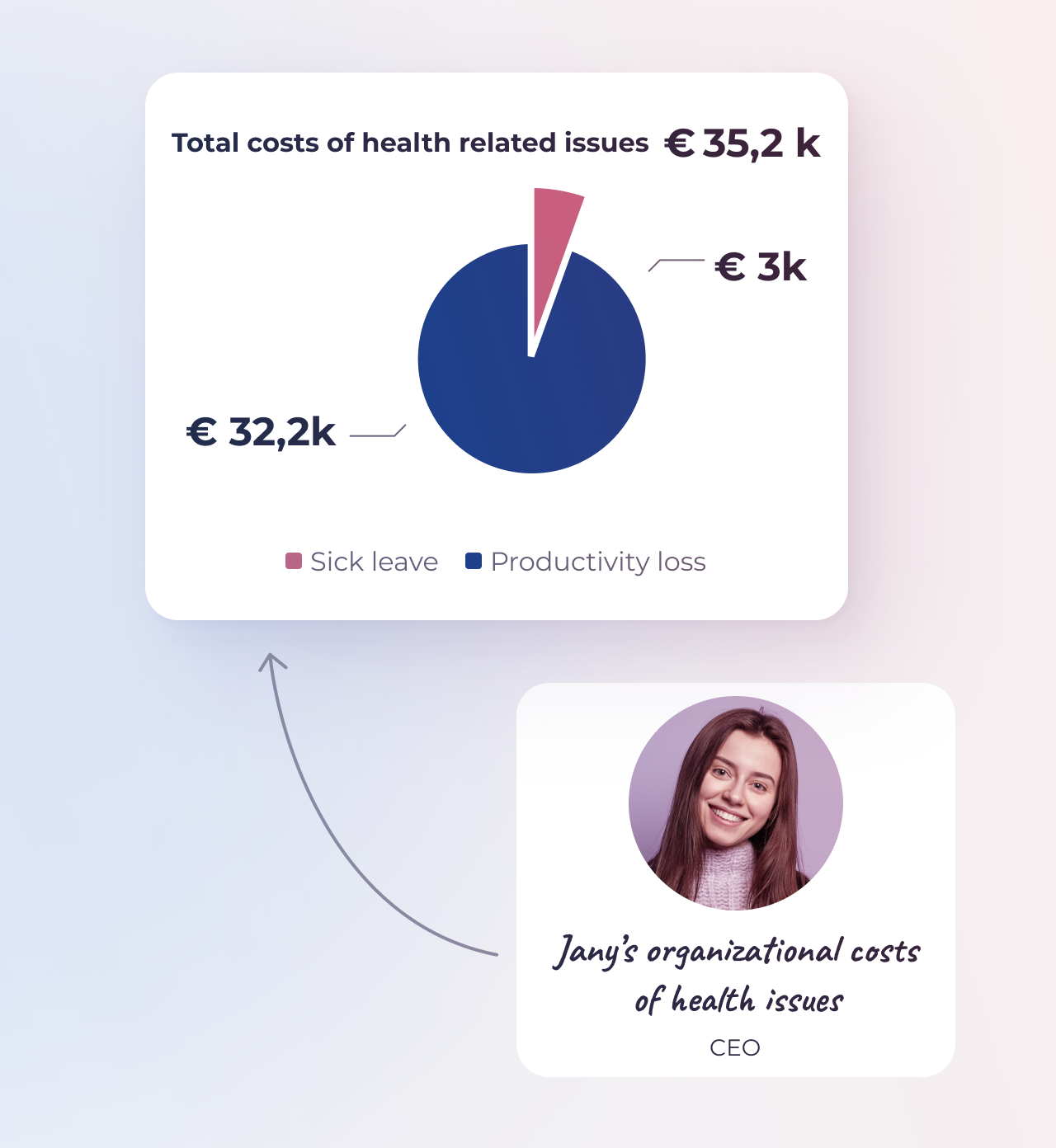
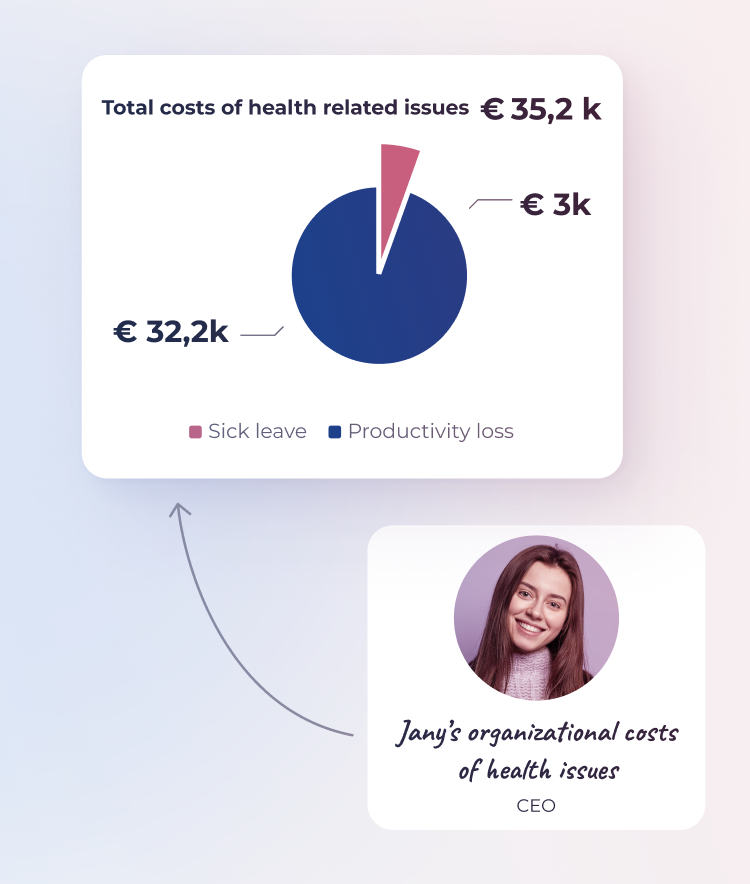
Benchmark
Compare different health analysis areas and specific questions to general norms and to previous surveys

Measure
Predict trends and behaviors based on collected employee data

Actions
Identify and solve challenges through new insights and, discover new opportunities for improvement and development

Employer Branding
Ensure an attractive workplace which create and promote growth for new talent and existing employees


Sustainability on top of the agenda
– also concerning people!
Heartpace provides Employee KPI for organizations with social sustainability high on their agenda, and that wishes to create a sustainable workplace based on research. The survey is called Employee KPI for Sustainable Worklife and includes:
- Current status mapping – employees complete a questionnaire with personal advice
- Analysis – based on collected employee data and correlations
- Health economic calculation – based on analysis and KPI’s
- Presentation – of survey findings, health economic status, productivity and costs related to well-being
- Reporting – report for annual report and sustainability reporting
- Action program – tailor-made recommendations and follow-up to achieve the goals in Agenda 2030.
Employee KPI has:
Survey tool
- Data collection – tool preparations
- Optional additional questions
- Working environment – OSA, SAM
- Productivity (WAI index)
- Wellbeing with personal advice
- Employee Brand – eNPS
Health economic calculations
- Stats for sick presence & sick leave
- Productivity
- Benchmark
- Human capital
- KPIs – Key Performance Indicators
- Benefits of wellbeing investments
- Analysis and report
Reports
- Social sustainability report of 3 areas
- Yearly report about outcome and trends
- Pulse tracking in focus areas on a quarterly basis
- Recommendations of activities for increasing wellbeing and productivity

The Cost of Sustainability and Corporate Well-Being
In 2022, the total cost of sick leave in Sweden amounted to 71 billion SEK, which is still only a fraction of the total cost of how health issues impact businesses. For example, nearly half of all sick leaves were due to mental health issues. Studies show that larger Swedish companies estimate spending 18% of the annual salary on issues related to the negative consequences of mental illness.
On top of that, an estimated 40-60% productivity loss is expected when an employee goes through a tough period of mental illness. Thus, this is a huge challenge for all involved: employees, managers, and organizations.
What Is Agenda 2030?
Since 2015, all nations within the UN have agreed on 17 global goals for sustainable development – SDG’s. These goals should be reached by year 2030, hence the name “Agenda 2030”. Among the seventeen goals, there are six specific goals pinpointing social sustainability. For listed companies, these goals are legally binding to report yearly.
The six goals are about:
- Good Health and Well-Being
- Reducing inequality
- Gender equality
- Sustainable workplaces, cities, and communities
- Decent working conditions and economic growth
- Peaceful workplaces, and communities
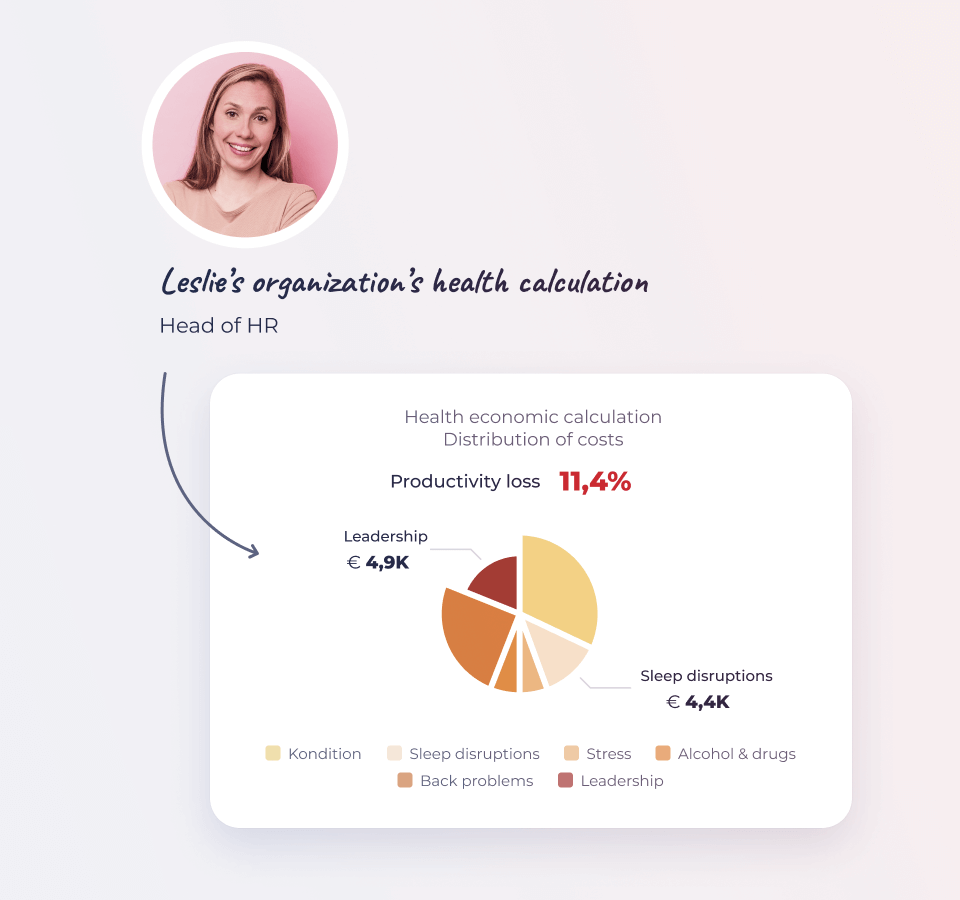

Calculations in Employee KPI
Health economics is calculating and analyzing work environment issues. It relates to concepts like OSA – organizational and social work environment and SAM- Systematic work environment management.
The survey includes 9 thematic areas focusing on well-being and productivity. Any other important questions you need for the health calculation can be added.
Trusted by large and small
innovative companies
Trusted by large and small innovative companies
Unlock the Full Potential
With evidence derived from data and effective health economic calculation methods you will understand your company’s current costs for health issues and get invaluable insight into the real potential of a social sustainable work environment.
- Measure the current status of the employees’ well-being
- Insights about employees’ engagement and drivers
- Get an efficient action plan to increase productivity and reach the social sustainability goals of Agenda 2030
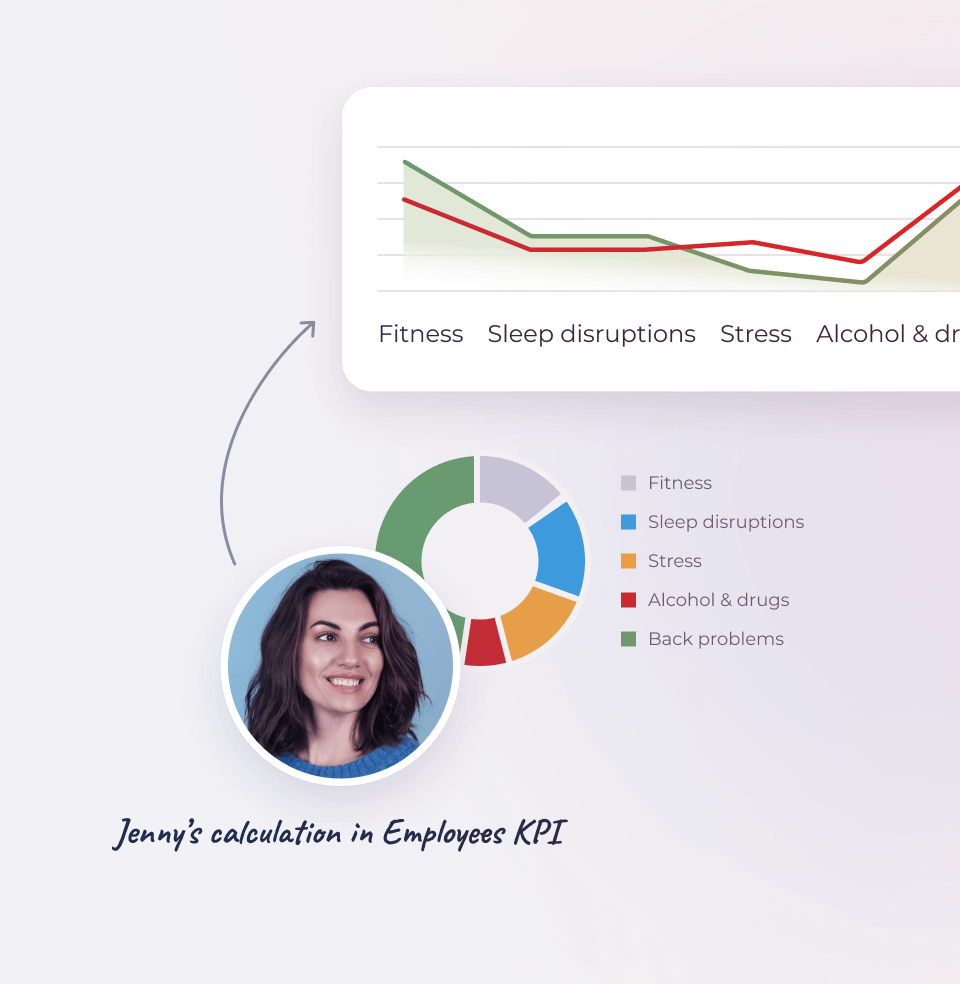

Employee KPI gives you:
Survey Instrument
- Annual survey, individual health tips
- Work environment – OSA, SAM
- Productivity (WAI Index)
- Employee Brand eNPS
Great Opportunities
- Add your own questions
- Different benchmarks, customizations
- Health economic calculations
- Index Analysis, key figures
Useful Insights – measure and follow-up
- Social sustainability report
- Three focus areas
- Annual reporting, outcomes & trends
Want to Explore More?
Read more about how to create a data-driven, fact-based and engaging culture with our digital HR tools within the Heartpace HR suit:
Do you want to know
more about Heartpace?
Get in touch to book a demo with our HR experts
Do you want to know more about Heartpace?
Get in touch to book a demo with our HR experts


